The European Union's landmark decision to ban internal combustion engine (ICE) vehicles by 2035 has sent shockwaves through the automotive industry. While the move is widely seen as a critical step toward decarbonization, a fierce battle is being waged behind the scenes over the future of synthetic fuels. What was initially framed as a clean break from fossil fuels has morphed into a complex political and technological chess match, with Germany leading a coalition of nations demanding exemptions for e-fuels.
At the heart of the controversy lies a fundamental question: Should the EU's zero-emission mandate make room for carbon-neutral synthetic fuels? Proponents argue that e-fuels—produced using renewable energy to combine hydrogen with captured CO2—offer a pragmatic pathway to keep existing ICE vehicles on the road while still meeting climate goals. Detractors counter that carving out exceptions for synthetic fuels undermines the regulation's primary objective of accelerating the transition to battery electric vehicles (BEVs).
The German gambit emerged unexpectedly in March 2023 when Transport Minister Volker Wissing blocked final approval of the ICE ban, demanding explicit provisions for e-fuels. This eleventh-hour maneuver exposed deep fissures within the EU's climate policymaking apparatus. Germany's coalition government, particularly its Free Democratic Party (FDP), has framed synthetic fuels as both an environmental necessity and an economic opportunity. "We cannot afford to discard existing infrastructure and expertise in pursuit of ideological purity," argued one senior FDP lawmaker speaking anonymously.
Behind closed doors, intense negotiations have yielded a precarious compromise. The revised legislation now includes a nebulous clause allowing combustion engines to operate exclusively on carbon-neutral fuels after 2035. However, the devil resides in implementation details still being hammered out by the European Commission. Technical hurdles abound, particularly around establishing foolproof mechanisms to prevent fossil fuel cheating—a system some engineers privately describe as "a regulatory minefield."
Automakers find themselves torn between competing visions. While Volkswagen and Renault have fully committed to electrification, Porsche has invested heavily in synthetic fuel production in Chile. BMW executives quietly acknowledge maintaining parallel R&D tracks, hedging their bets against potential shifts in the regulatory landscape. "The market will decide which technologies survive," remarked one BMW engineer, "but right now we're being asked to read tea leaves in Brussels."
Environmental groups remain deeply skeptical of the e-fuel exemption. Transport & Environment, a prominent Brussels-based NGO, recently published analysis suggesting synthetic fuels would consume renewable electricity needed elsewhere in the economy. "Every kilowatt-hour powering an e-fuel engine is a kilowatt-hour not decarbonizing heavy industry or heating homes," their report concluded. This perspective finds strong support among Scandinavian countries and the European Parliament's Green faction.
The geopolitical dimensions add another layer of complexity. Italy's government has framed synthetic fuels as crucial for preserving its luxury automotive sector, while Eastern European nations view them as a more affordable transition technology compared to BEVs. Meanwhile, Saudi Arabia and other oil-producing states have suddenly taken keen interest in EU policymaking, seeing e-fuels as potential lifelines for their hydrocarbon infrastructure. A recent Riyadh-sponsored study touting synthetic fuels' economic viability raised eyebrows among climate diplomats.
As the European Commission works to finalize implementation rules by late 2024, industry lobbyists are working overtime. Fuel suppliers push for generous e-fuel quotas, while power utilities warn against diverting precious renewable capacity. Consumer groups highlight the cost dilemma—current e-fuel production runs about €5 per liter, though proponents claim prices could fall to €1.50 by 2030 with scale. "This isn't just about technology," observed one Commission energy director. "It's about who bears the transitional costs of decarbonization."
The synthetic fuels debate encapsulates the broader tensions in climate policymaking—between radical transformation and incremental change, between technological neutrality and targeted industrial policy. What began as a straightforward phaseout of gasoline engines has become a proxy war over Europe's energy future. As one weary diplomat noted after another marathon negotiation session: "The internal combustion engine may be dying, but it's determined to go down fighting."
Looking ahead, the e-fuel exemption may create unintended consequences. Some analysts predict a bifurcated market where wealthy drivers pay premium prices to keep classic cars running on synthetic fuels, while mass-market consumers transition to BEVs. Others warn of regulatory arbitrage, with automakers potentially exploiting loopholes to sell conventional engines under the guise of e-fuel compatibility. The Commission's challenge lies in crafting rules stringent enough to prevent abuse yet flexible enough to accommodate genuine innovation.
Ultimately, the synthetic fuels saga underscores the messy reality of energy transitions. Political compromises, technological uncertainties, and economic interests inevitably collide when dismantling century-old technological regimes. As Europe navigates this terrain, its choices will reverberate globally—either validating synthetic fuels as a legitimate climate solution or consigning them to niche status in the new energy order. The coming months will prove decisive in determining whether e-fuels represent a meaningful compromise or merely a delay tactic in the urgent shift toward electrification.

By /Jun 14, 2025
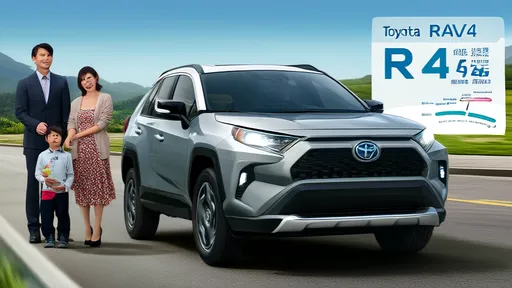
By /Jun 14, 2025
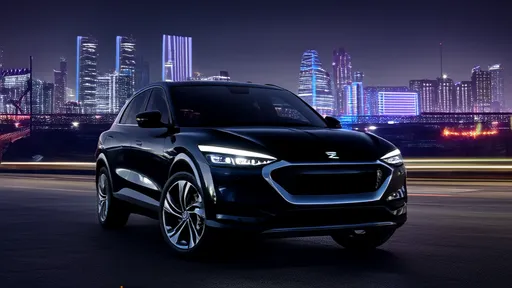
By /Jun 14, 2025
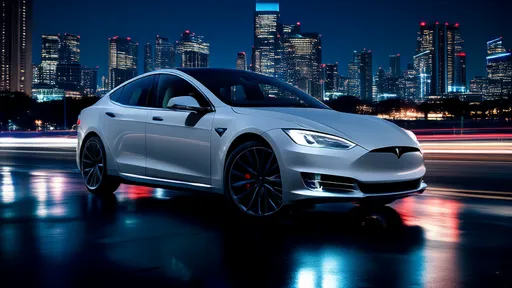
By /Jun 14, 2025
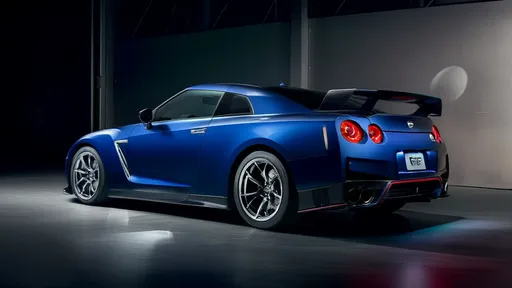
By /Jun 14, 2025

By /Jun 14, 2025
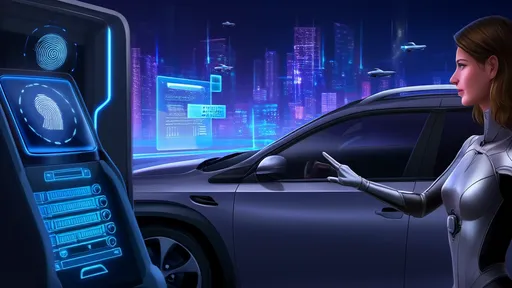
By /Jun 14, 2025

By /Jun 14, 2025
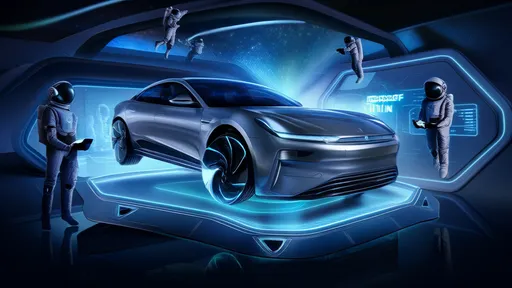
By /Jun 14, 2025
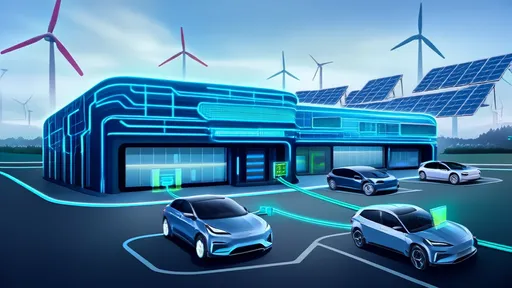
By /Jun 14, 2025

By /Jun 14, 2025
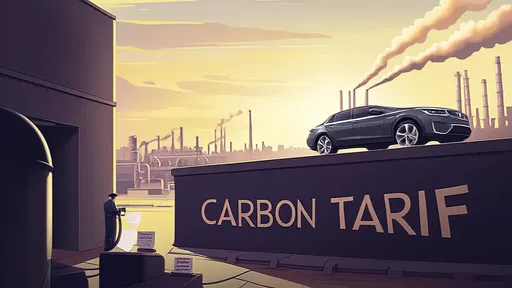
By /Jun 14, 2025
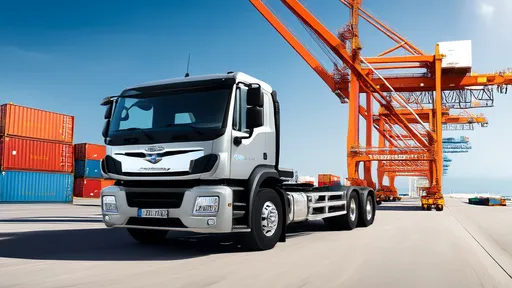
By /Jun 14, 2025
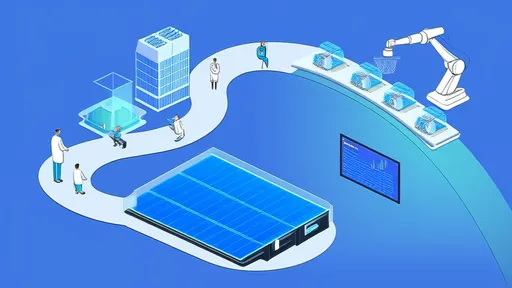
By /Jun 14, 2025
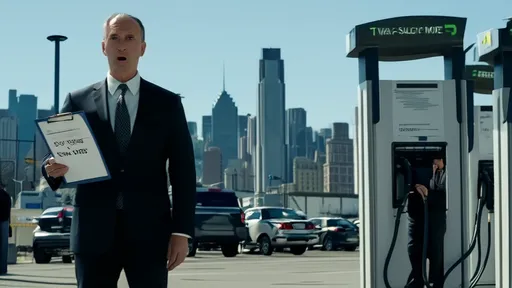
By /Jun 14, 2025
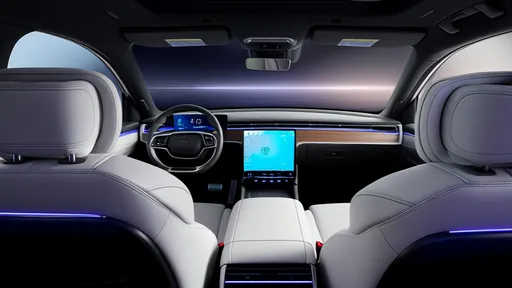
By /Jun 14, 2025
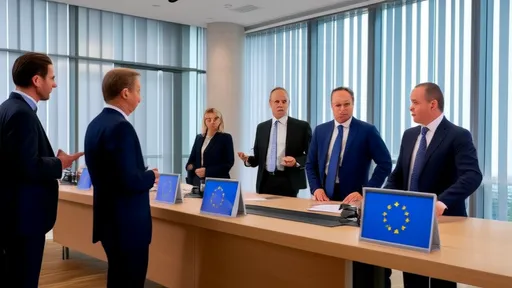
By /Jun 14, 2025

By /Jun 14, 2025